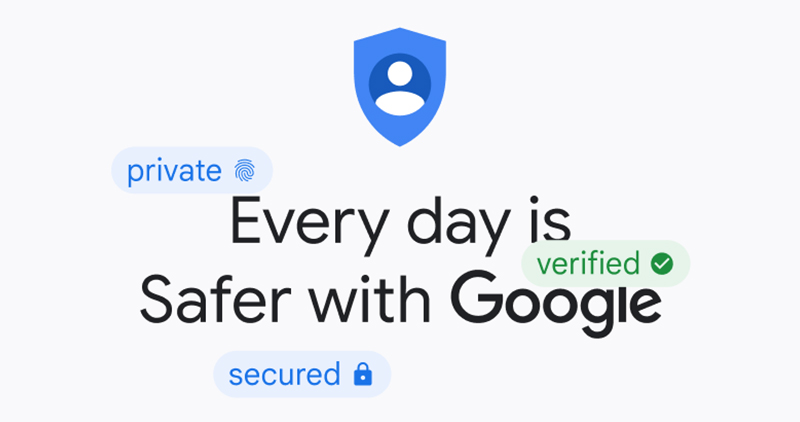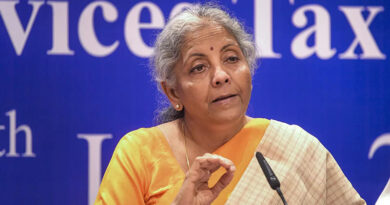Safer with Google: Google’s big announcement, all types of loan giving fake apps will be banned in India.
Online loan apps are flooded in India. Every few days a new loan app is coming in the market and making people their prey. The business of instant loans in India has been booming for the last two years but now the time of loan apps is about to come. Google said in the second edition of Safer With Google, held in New Delhi on 25 December, that all types of loan apps will be banned in India. Any such instant loan apps will not be allowed to be published on Google Play Store which do not comply with the Reserve Bank of India norms. Google has said that so far it has banned 2,000 instant personal loan mobile apps on its platform. These apps were working against the rules and playing with the privacy of the users.
Google’s partnership with the Ministry of Electronics and Information Technology
Google India has also announced a partnership with the Ministry of Electronics and Information Technology (MEITY) for online payment safety. Google has also partnered with leading banks and telecom companies in India to create awareness among users against digital frauds.
Google in association with MEITY and Digital India today launched a pan-India, multilingual user awareness campaign with the support of HDFC Bank, Axis Bank, Kotak Mahindra Bank, Airtel, SBI and ICICI. The campaign encourages people to take basic precautions to stay two steps ahead of some of the most common fraud and phishing attacks. In this campaign, Google’s partners will alert people about frauds done through websites, apps, SMS and ATMs.
New Toolkit to Stop Child Abuse
To prevent child abuse and exploitation, Google launched its protectingchildren.google website in three Indian languages, Bengali, Hindi and Tamil, in which Indian NGOs will also collaborate. This website will make people aware about the exploitation of children in the digital world.
Google’s partnership with CBSE Board
Google is joining hands with the Central Board of Secondary Education (CBSE) for online safety. There will be instructor programs and individual programs aimed at equipping students to develop strong and secure digital habits. Under this, children up to class 10 will be taught the basic principles of online safety like password protection, avoiding suspicious emails and unsafe sites and other ways to stay safe online and will also be given certificates.



